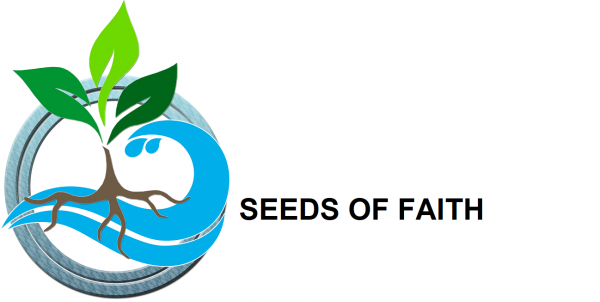There are about an average of 20 typhoons that visit the Philippines every year, and 5 of which are destructive as reported by the Asian Disaster Reduction Center. As always, a typhoon brings a negative impact in the economy of the country which is largely agricultural. And sadly, a typhoon usually brings death.
According to the Biodiversity Online Magazine, “Typhoons bring us disasters, but they can be an external force for creating new living environments for other living things. Strong external forces such as typhoons are sometimes necessary to maintain healthy ecosystems.”
Furthermore, we can see how God planned the complex ecosystem in which we live. “Typhoons and low pressures play an important role in water circulation on Earth. If there is no low pressure, vapor will not be transported upward. As a result, it will not rain, and desertification (fertile areas becoming arid) will be accelerated in desert areas.”
In short, this means that if there are no typhoons on Earth, it will be more disastrous for all of us.
So, if typhoons are part of God’s creation, then we have to live with the perspective that it is part of our daily life. If we do not deny the existence of typhoons, we can mitigate its effects.
How? What does the Bible say about it? This issue is deeply connected to Biblical stewardship. Here are three things to remember:
First, we have to recognize that God is the creator of everything, and that there are natural laws that govern the world in which we live in.
If our governments will factor in the natural laws that govern this world, then they can plan accordingly. If our leaders know that people living in certain areas are susceptible to natural disasters, then they can make actions to mitigate it.
Second, God has given us the responsibility to be responsible stewards.
Typhoons are a natural phenomenon but flooding caused by garbage and a denuded mountain is not. We cannot prevent typhoons but we can prevent flooding. Let us be responsible with our garbage, and we must make the effort to plant trees. Those who make the canals ans drainage must also do so properly and with no corruption.
Third, as Christians, we have to extend our helping hand to those who are affected by natural disasters.
Yes, prayers are important as well as sharing our resources. Our churches should always be ready to help those who are in need. Hebrews 13:16 says, “And do not forget to do good and to share with others, for with such sacrifices God is pleased.”
As we reflect about the occurrence of typhoons, let us also reflect about what God is expecting us to do.
May God bless us all!
Sincerely,
Rev. Francis Neil G. Jalando-on
Director, Office of Communications
Central Philippine University
